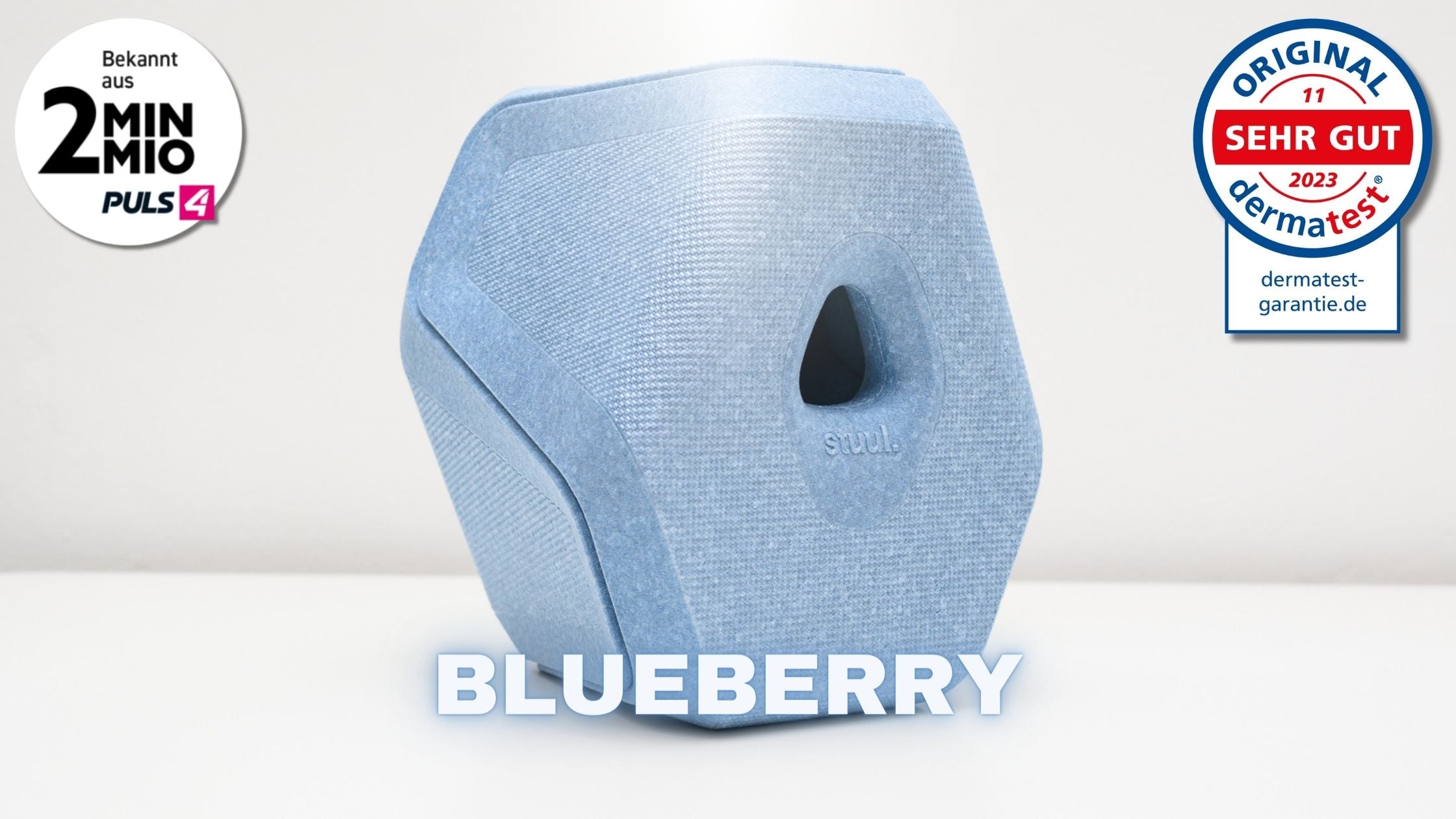Are you pregnant and suffering from constipation? Or have you just given birth and now have pain during bowel movements? Then you're not alone. Pregnant and postpartum women often have problems with daily bowel movements.
The following factors can promote digestive problems during pregnancy and after birth:
- Hormonal changes: the hormone progesterone, which is produced more during pregnancy, can slow bowel movements.
- Pressure of the baby on the intestines: the growing baby bump can press on the intestines and make digestion difficult.
- Changed diet: pregnant and postpartum women often eat lower fiber diets, which can lead to constipation.
- Less exercise: Pregnant women and women who have recently given birth often move less, which can also slow down digestion.
The most common complaints are:
- Constipation: due to hormonal changes and the baby's increasing pressure on the intestines, bowel activity slows down. The result is hard, dry stools that are difficult to pass.
- Hemorrhoids: Increased pressure throughout the rectal area pushes the vascular pads in the anal area outward, which is usually uncomfortable and painful.
- Bloating: Bloating is common due to hormonal changes and dietary changes.
- Bowel cramps: Bowel cramps are also a common side effect of constipation and bloating.
- Rectal bleeding: In rare cases, rectal bleeding may also occur. This can be caused by tears in the bowel or hemorrhoids.
So if you have problems or pain with bowel movements during or after pregnancy, you should try the squatting position on the toilet. It is easy to adopt and can improve your health in many ways. To make a permanent change in your daily "bowel habits", you should get a toilet stool.
A toilet stool helps you to adopt the natural squatting position during bowel movements. In the squatting position, the rectum is stretched and the bowel can be emptied faster and more completely. This makes bowel movements much easier and reduces the likelihood of constipation. In addition, the squatting position can help prevent hemorrhoids, as there is significantly less squeezing and pressing in this position than without a toilet stool.
So one more time, here are the benefits of using a toilet stool during pregnancy and the postpartum period:
- Relieves pressure on the weakened pelvic floor
- Prevents hemorrhoids
- Helps with constipation
- Facilitates bowel movements
- Takes away the fear of your first defecation
- Painful perineal cuts and tears are spared when going to the toilet
Conclusion:
A toilet stool is an easy and inexpensive way to make daily bowel movements easier during pregnancy. It can also be helpful after childbirth to get the bowels back into shape and minimize pain during bowel movements.








































